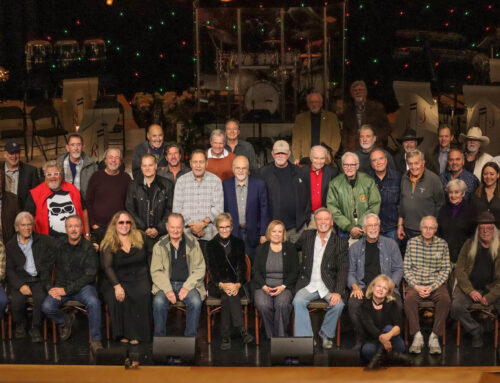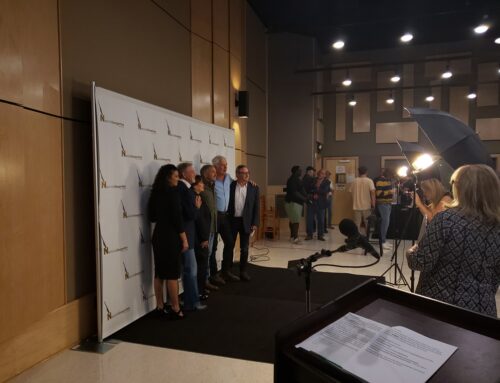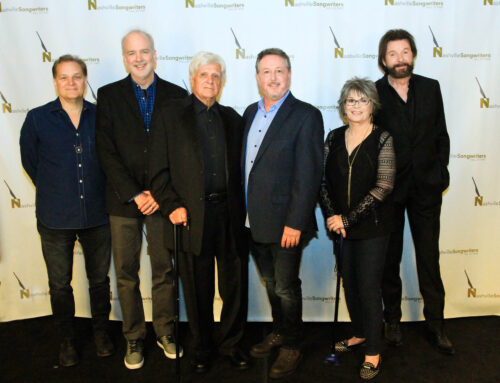 Expecting a reasonable verdict from a jury of twelve men and women who are incapable of getting out of jury duty to analyze the intricacies of The Copyright Act as applied to the Internet is somewhat tantamount to putting twelve monkeys in a well-equipped laboratory and expecting them to come up with a cure for cancer! The twelve jurors in Virgin v. Thomas found in favor of the plaintiff and determined that the defendant must pay $9,250 for each of 24 shared songs that were the subject of the lawsuit, totally $222,000 in damages.
Expecting a reasonable verdict from a jury of twelve men and women who are incapable of getting out of jury duty to analyze the intricacies of The Copyright Act as applied to the Internet is somewhat tantamount to putting twelve monkeys in a well-equipped laboratory and expecting them to come up with a cure for cancer! The twelve jurors in Virgin v. Thomas found in favor of the plaintiff and determined that the defendant must pay $9,250 for each of 24 shared songs that were the subject of the lawsuit, totally $222,000 in damages.
I’ve tried to think about this verdict from the jury’s perspective. I certainly was not present at the trial and did not hear all of the evidence the twelve jurors heard. I did not see the demeanor of the witnesses, so I cannot evaluate their credibility, as does the jury. Perhaps there were indeed factors that weighed in on their seemingly disproportionate verdict.
Some support for the verdict might be found in the fact that the evidence put on by Thomas’ defense attorney was extremely sparse. To only put up the defendant as a witness was a very risky move, relying solely on her credibility. Why didn’t her attorney hire an expert to examine Ms. Thomas’ hard drive and try to establish the possibility that her computer was hacked, or at least put up a computer technician, i.e., a geek, to offer alternative theories of how Ms. Thomas’ IP address was used to transfer these files — to say that I could hack a computer and use that IP and that person’s user name to download music? That would have been something for the jury to hang a hat on.
Still, based on the evidence reportedly presented about the IP address and user names, it is difficult for me to justify in my mind that there was even an infringement, let alone wilful infringement. See my blog from yesterday entitled Mens Rea and Digital Activity. There is a strong disconnect between what the evidence shows and what the jury decided. As the Wired blog pointed out in its summary of the verdict:
In proving liability, the industry did not have to demonstrate that the defendant’s computer had a file-sharing program installed at the time that they inspected her hard drive. And the RIAA did not have to show that the defendant was at the keyboard when RIAA investigators accessed Thomas’ share folder.
Also, the judge in the case ruled that jurors may find copyright infringement liability against somebody solely for sharing files on the internet. The RIAA did not have to prove that others downloaded the files. That was a big bone of contention that U.S. District Judge Michael Davis settled in favor of the industry.
See RIAA Jury Finds Minnesota Woman Liable for Piracy, Awards $222,000, Wired Blog Network, Threat Level, dated October 4, 2007.
Certainly, the case sets a precedent. I do not, however, rejoice at the verdict, as I’m certain many in my industry are doing. While it may embolden the RIAA to continue their massive “campaign” against individual downloaders, it will also embolden the Internet community to continue their course of conduct if for no other reason than to prove that they cannot be intimidated by questionable legal tactics. Since the RIAA started instituting these types of lawsuits against individuals, file sharing on the Internet has more than tripled, from just over 3 million to 9 million annually! It is not a victory for the record labels. It is most certainly not a victory for the songwriters and artists. The money that was awarded, if it is ever collected at all, will not go to any of those parties – it will go to the lawyers.
So, what is the answer? Massive file sharing over the Internet is, most certainly, copyright infringement, for which a jury can award statutory damages of between $750 and $150,000 in instances where the infringement was wilful, as the jury decided here. That, in my opinion, is not open for debate. And maybe pursuing the infringers individuals does have some deterrent effect, as the RIAA presumes. Certainly, many college students will now be more inclined to settle with the RIAA for between $3,000 and $5,000 when they receive that pre-litigation letter from their school. But, as Sony’s witness testified on the stand, this litigation is a black hole. It is not profitable. How long can the labels continue to fund a losing proposition?
I’ve written many times about the subject of downloads, and it seems to me the answer is, and has always been, to establish a fair means of compensation. People want to pay for their music. They want to reward the artist and songwriter, and even the labels, for the music they enjoy. There was even evidence in this case that Ms. Thomas had, during the time period in question, purchased CD’s of her favorite music. But people do not want to get gouged. They want to pay a fair price. And many feel that the iTunes price of $.99 per song is not a fair price. As the music industry reels from the decline of the CD and begins to wade into the ambiguous waters of the digital world, a word without formats and jewel cases, the issues will eventually be resolved. I believe the fluidity of the marketplace will assist in establishing what people believe to be reasonable. I do, in the end, have some faith in the systems that have helped our competitive markets thrive over the years.
In the end, this is a sad verdict for the legal community. Not quite as devastating as the O.J. verdict, but a miscarriage of justice nonetheless. But, the future is bright and the digital community will continue to shape the future of the music industry, with the RIAA kicking and screaming all along the way. There is a brave new world and we are in the midst of it.





